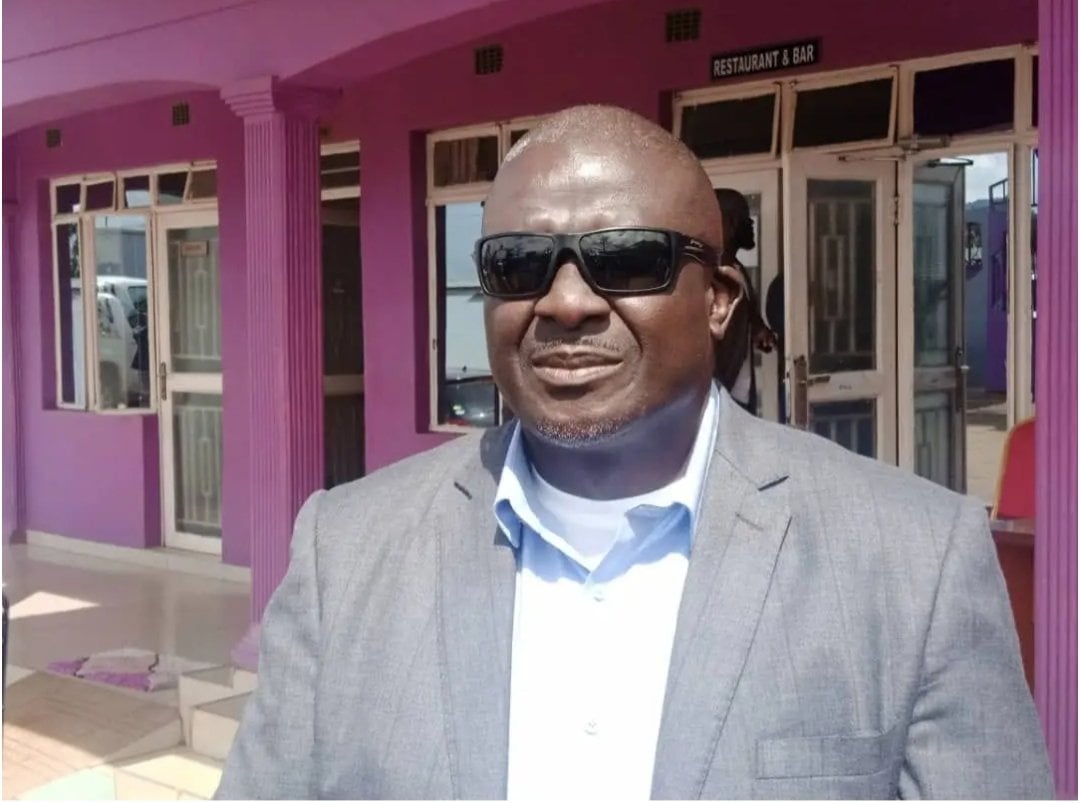Small Party Alliances in Malawi: A Strategy for Relevance or Political Mirage?

The Rise of Political Alliances Ahead of 2025 Elections
As Malawi prepares for the September 2025 General Elections, smaller political parties are increasingly forming alliances. While this may appear routine, it highlights a deeper struggle for relevance among parties lacking national influence but seeking to remain part of the democratic process.
The Strategic Value of Small Party Coalitions
In Malawi’s political landscape, where coalition politics has become essential, smaller parties face a critical choice: unite or risk obscurity. By combining limited resources, support bases, and ideas, these alliances can:
- Increase visibility and media presence
- Strengthen bargaining power with major parties
- Amplify their collective voice
However, without participation from dominant parties like MCP, DPP, UTM, or UDF, these alliances are unlikely to significantly impact election outcomes.
Lessons from Malawi’s Political History
The success of the Tonse Alliance in 2020 demonstrated how effective coalitions can transform government. This precedent shows that alliances succeed when they:
- Have substantive policy foundations
- Feature strong leadership
- Include parties with national reach
The Limitations of Symbolic Alliances
Many recent alliance announcements appear more about media visibility than strategic planning. While maintaining presence is important, these efforts fall short of creating viable political alternatives that can:
- Mobilize voters effectively
- Influence national policy direction
- Challenge dominant political forces
A Path Forward for Smaller Parties
For meaningful impact, smaller parties should consider:
- Forming substantive partnerships with major parties
- Negotiating for policy influence rather than top leadership
- Focusing on long-term strategic positioning
Malawi needs competitive elections with diverse ideas. Small parties can contribute significantly if they move beyond survival tactics to develop national strategies.
About the Author: Undule Mwakasungula is a prominent human rights activist and governance advocate in Malawi, known for his work in political accountability, democracy, and electoral reforms.
This article summarizes an original report from Nyasa Times. Read the full article here.


